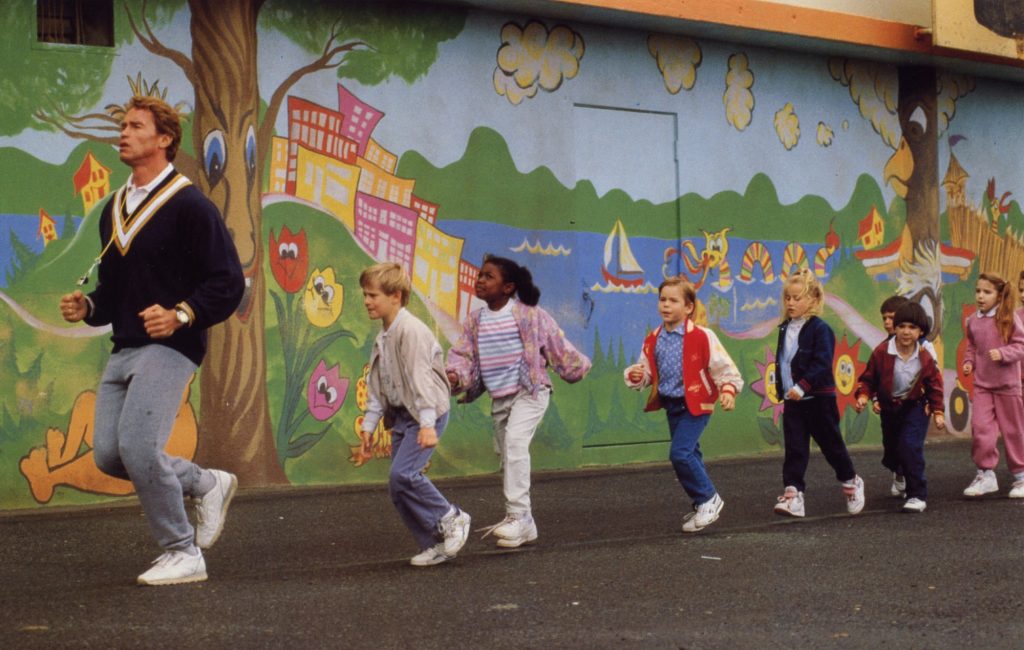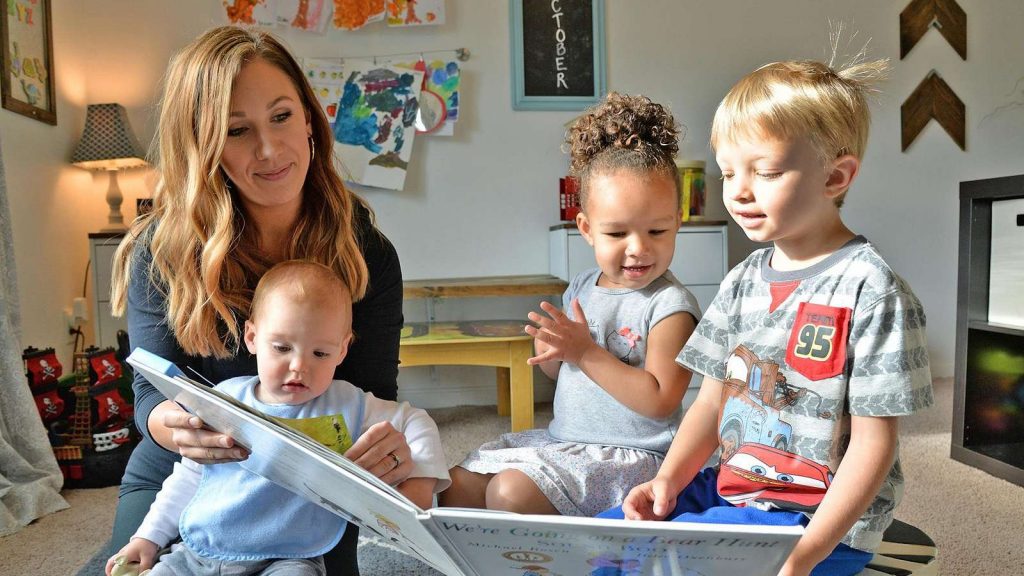New Michigan Laws Boost Childcare
Gov. Gretchen Whitmer signed a Michigan childcare bill that drops extensive rules to make home-based facilities more accessible

Last Thursday Michigan Governor Gretchen Whitmer signed a series of bills. These bipartisan efforts work to appease democrats, republicans, and independents by expanding Michigan childcare. This is achieved by dropping extensive rules and regulations for small home-based facilities, and giving them at least 90 days to meet health and safety requirements.
Eight bills make up this new overhaul and each offers changes that appease many. Michigan childcare legislation HB 5041 increases the number of children allowed to be cared for at a small private home facility (by one worker) from six kids to seven. Larger, private home facilities caring for children can now look after up to 12 children at once, and group institutions that offer preschool programs at a licensed residence can now care for 13 minors.
Detailed within HB 5042 are requirements that Michigan childcare workers wishing to license their home must fill out an application and give written consent to have a criminal background check performed as well as fingerprints taken. It also lists the cost of these application fees and notes that additional fees may be added for the background check. In addition, HB 5043 works to create a series of government-controlled family childcare networks that offer business and contact support, training, and technical assistance.
These provisions are made to ensure the health and safety of children being cared for, but Michigan’s HB 5044 childcare criteria becomes more regulated. This incorporates contracts to be signed between parents and childcare providers to gain access to federal child care and development block grants. Staff wages and payments for services must be in line with market rates in order to uphold this law, and in addition, facilities must keep up attendance rates. So cutting struggling parents a deal, or making attendance allowances for chronically ill students may now cause facilities and/or parents to lose access to taxpayer-funded government grants.
In addition, HB 5045 creates a childcare database to track all Michigan childcare centers, group childcare homes, and in-home daycares. HB 5046 instructs the Departments of Health and Human Services to create committees to regulate facilities and instruct childcare providers on safeguarding their facilities and practices for children. These facilities must also make their licensing and investigation records (including criminal charges) available to parents and the public, per HB 5047.
Although bills 5045-5047 include stricter regulatory practices to track and follow each facility’s activity, HB 5048 extends the time frame that Michigan childcare providers must prepare their home/location and receive the proper licensing. Each facility now has up to 90 days to file the proper paperwork, obtain background checks, and/or make necessary changes in order to fulfill the new criteria. This is offered to help ease current providers into the new processes while offering new facilities enough time to prepare for operation.

While these bills all make up one massive Michigan childcare overhaul, the changes are welcome by many. Some consider the changes less restrictive because although more background checks and tracking is involved, smaller committees will be working with the providers directly within communities. How the changes will affect the market is yet to be seen, but these laws were passed with much support from lawmakers.



